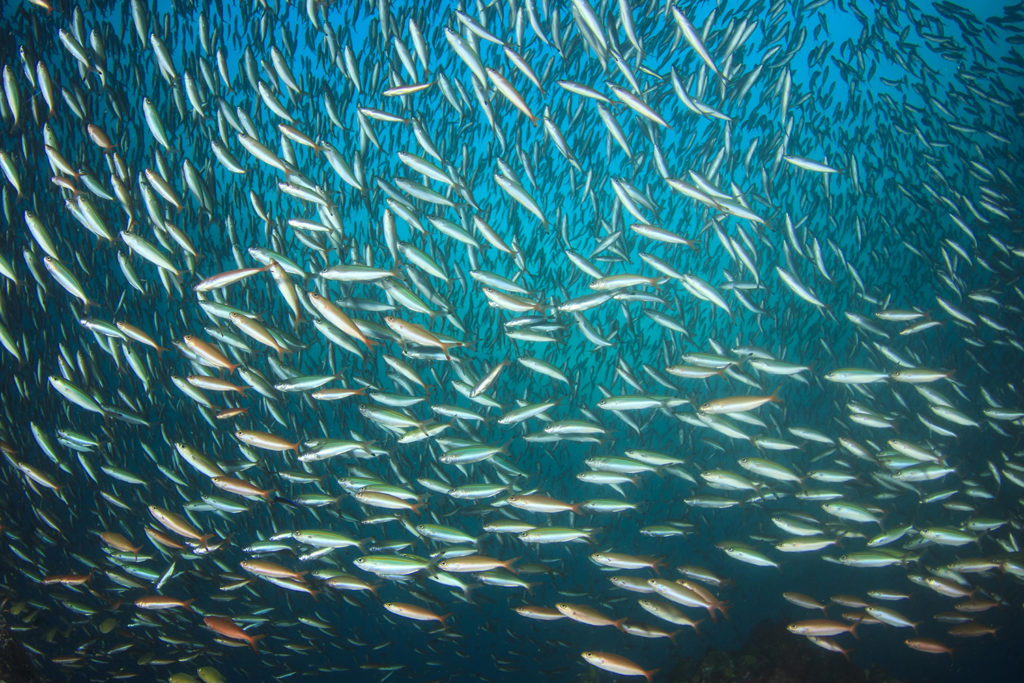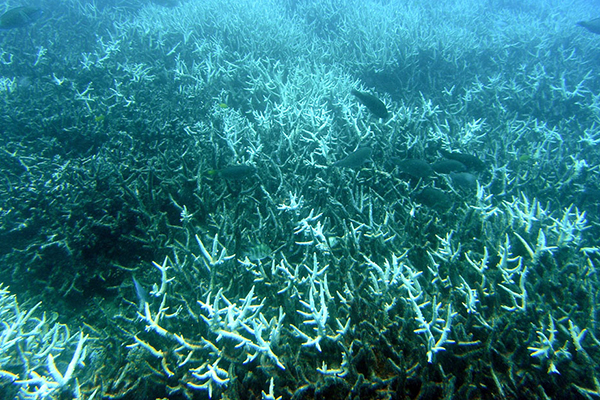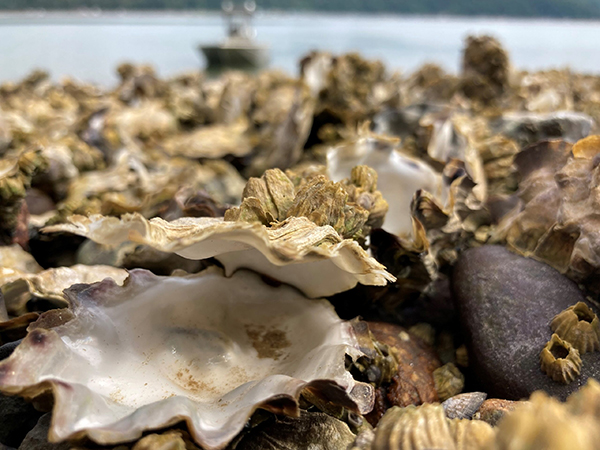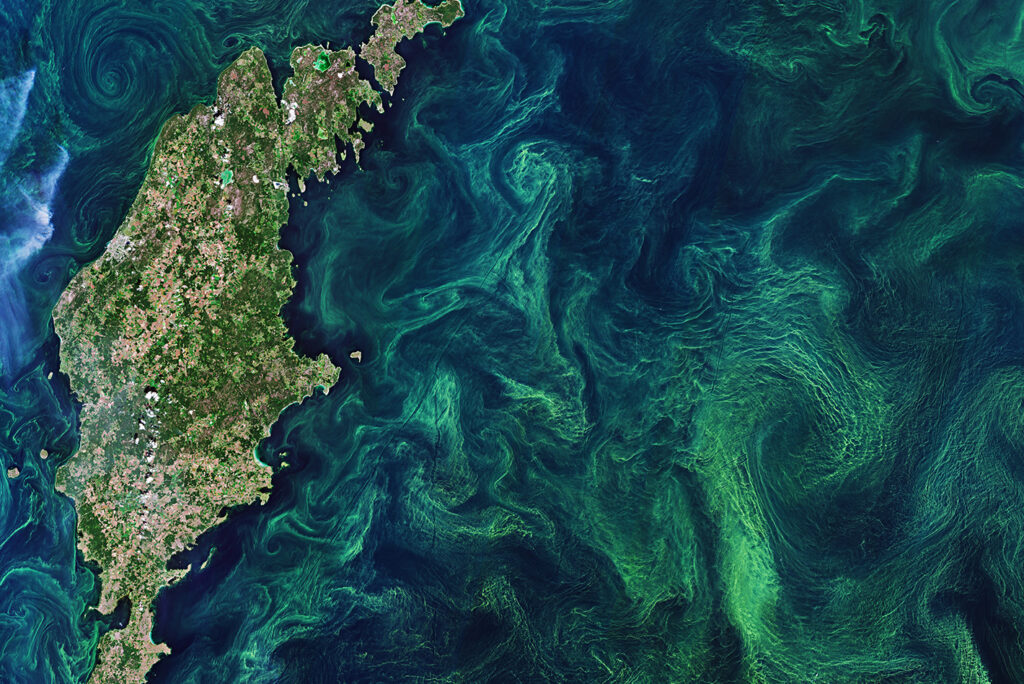Potential losses to fisheries are higher than potential losses to agriculture, says researchers

A new study is warning about the effects of climate change on fishing and agriculture in tropical coastal communities, which are highly dependent on these economic activities to sustain their economies.
The study involved the Institut de Ciències del Mar (ICM-CSIC) and a large group of experts from centres around the world and focused on the impact of climate change on 72 coastal communities in the Indo-Pacific region, where fishing and agriculture are key to local economies.
The findings, which were published in Nature Communications, indicate that these communities could face major food losses due to climate change. Until now, large-scale predictions highlighted the problem, but the data provided were not very informative at the local level, where the socio-economic impacts occur.
“This work proves the suitability of using predictive models at smaller scales to improve the management of local communities,” said Marta Coll, a researcher at the ICM-CSIC and one of the authors of the study.
This is the first work assessing the impact of climate change on coastal communities in the tropics, which face more economic difficulties than their counterparts in temperate zones. Specifically, the research focuses on 72 communities in five countries within the Indo-Pacific region: Indonesia, Madagascar, Papua New Guinea, the Philippines and Tanzania.
While not all communities are equally vulnerable, both within and between countries, findings indicated that those with lower socioeconomic status are particularly exposed to the most negative impacts on natural resources as a result of climate change.
Moreover, the researchers found that overall potential losses are greater for the fisheries sector than for the agricultural sector. Nevertheless, many of the communities surveyed would face substantial losses of both agricultural and fisheries products under a high emissions scenario. In contrast, in a low-emissions scenario, fewer communities would experience losses in both the agriculture and fisheries sectors, which highlights the benefit of climate change mitigation.
“While most locations (> 2/3) will experience potential losses to both fisheries and agriculture simultaneously, climate change mitigation could reduce the proportion of places facing that double burden,” wrote the researchers.
Follow the Advocate on Twitter @GSA_Advocate
Now that you've reached the end of the article ...
… please consider supporting GSA’s mission to advance responsible seafood practices through education, advocacy and third-party assurances. The Advocate aims to document the evolution of responsible seafood practices and share the expansive knowledge of our vast network of contributors.
By becoming a Global Seafood Alliance member, you’re ensuring that all of the pre-competitive work we do through member benefits, resources and events can continue. Individual membership costs just $50 a year.
Not a GSA member? Join us.
Author
Tagged With
Related Posts

Responsibility
Study: Climate change will shuffle marine ecosystems in unexpected ways as ocean temperature warms
A study found that, as the ocean temperature warms, fish will continue to exist in certain areas but are not likely to be as abundant.

Responsibility
Study: 2021 breaks record for hottest ocean temperature
New research shows the ocean temperature in 2021 was the hottest ever recorded by humans, and the effects of ocean warming are "far-reaching."

Responsibility
2021 heat wave created ‘perfect storm’ for shellfish die-off
Researchers have produced the first comprehensive report detailing the impacts of the 2021 Pacific Northwest heat wave on shellfish.

Fisheries
Increasingly frequent and costly, marine heatwaves are testing the resilience of fisheries and aquaculture
Marine heatwaves have already caused severe losses for seafood, but in some cases, the industry may see some benefits from these events.



